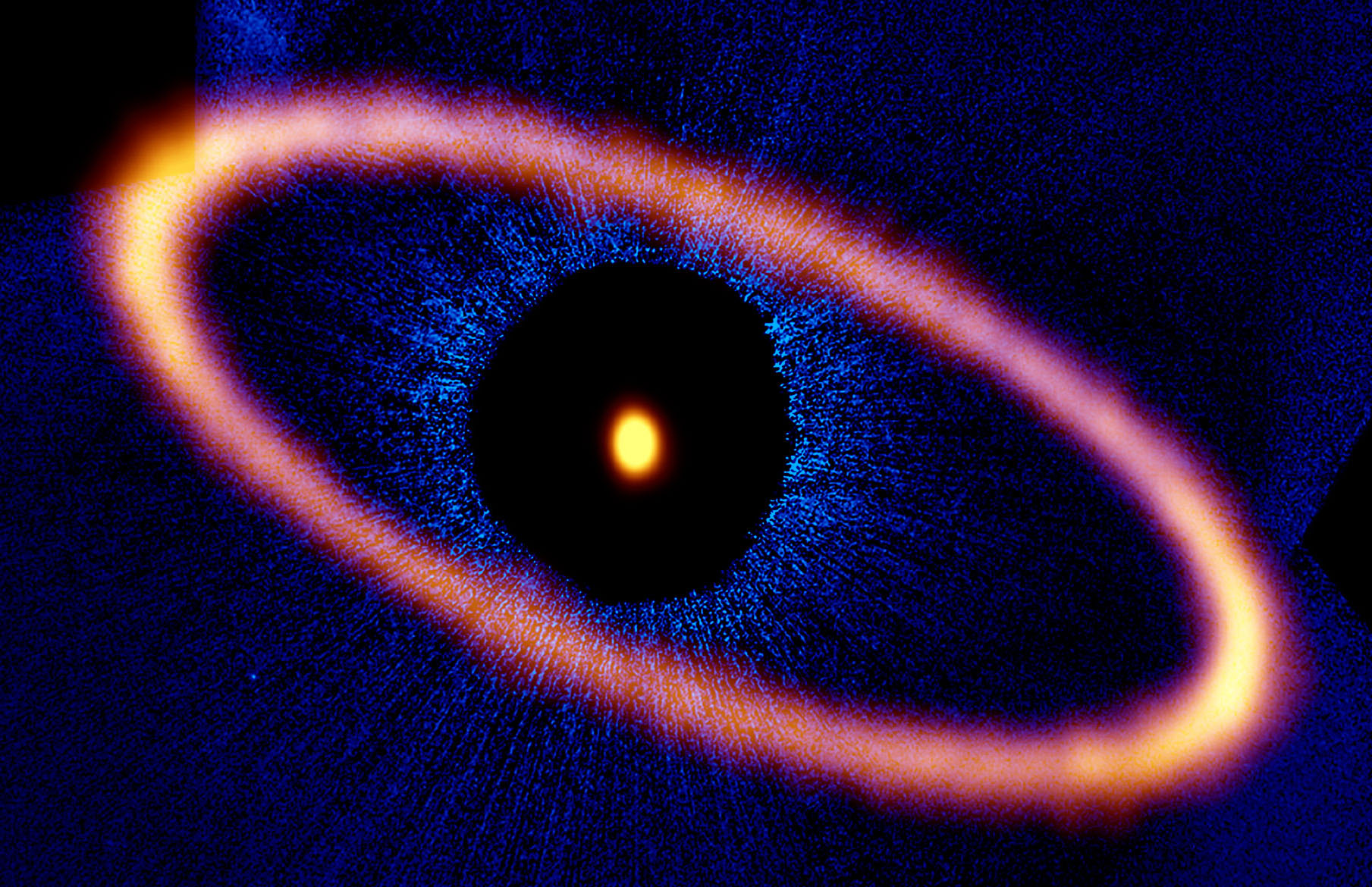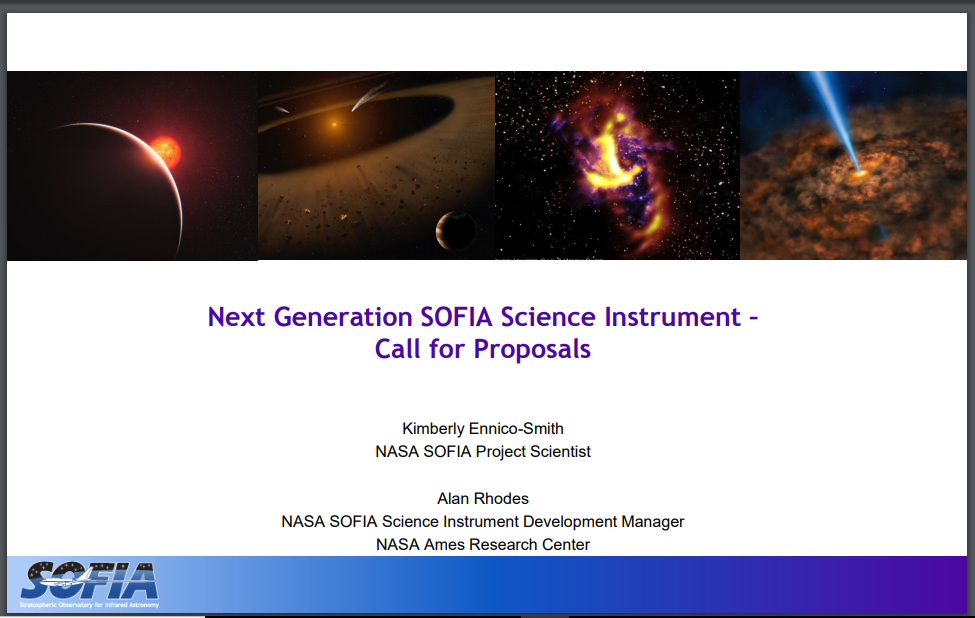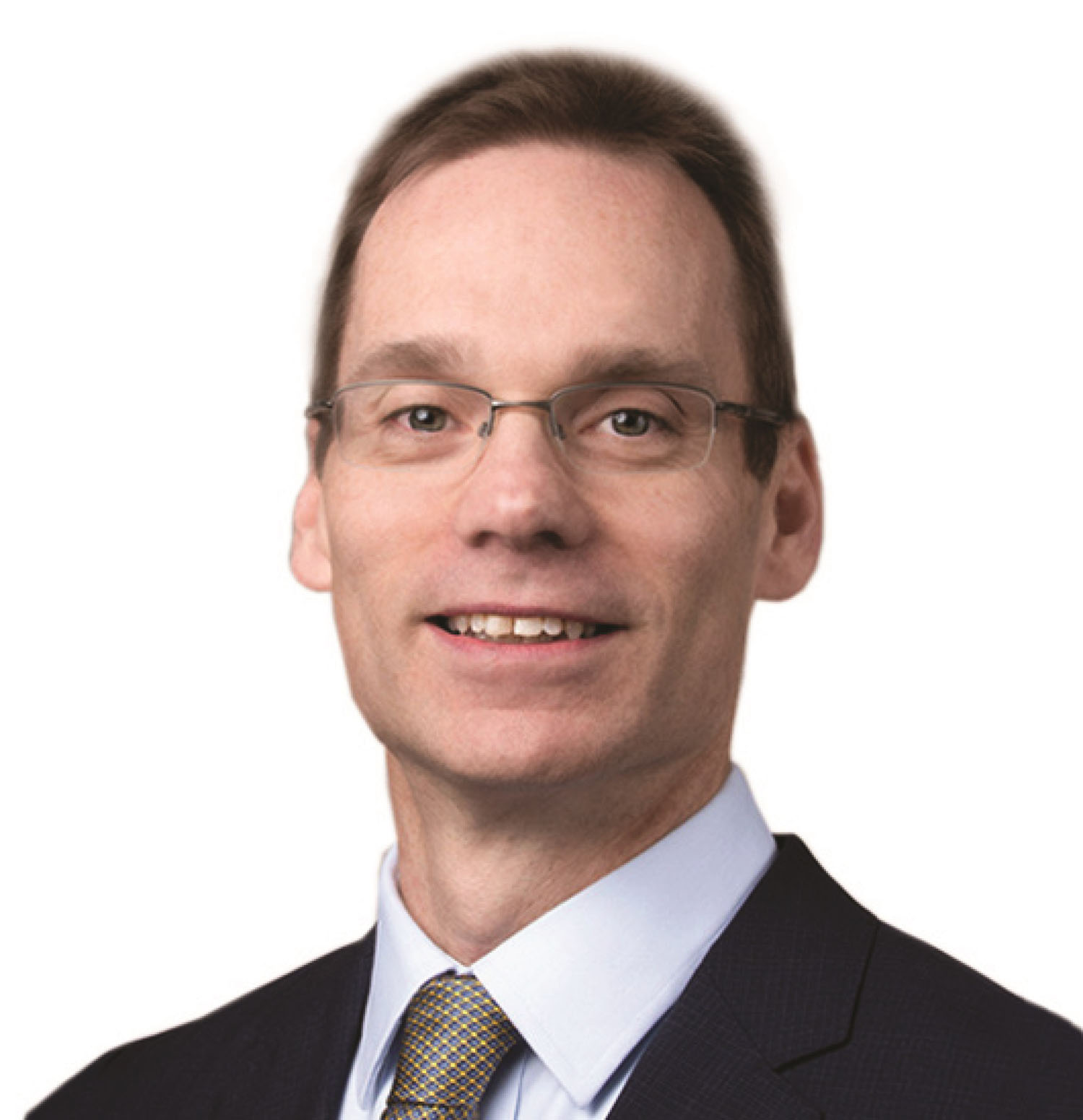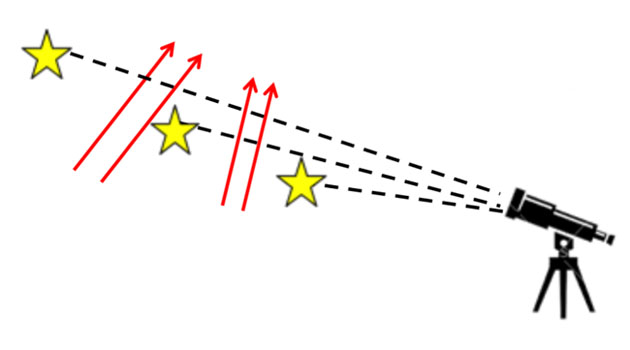 |
 |
 |
 |
 |
 |
 |
 |
 |
 |
 |
 |
|
Talks & Events
|
Special Seminars: 2018
Debris Disks as Probes of Planetary System Evolution At least 20% of nearby main sequence stars are surrounded by disks of dusty material resulting from the collisional erosion of planetesimals, larger bodies similar to asteroids and comets in our own Solar System. The resulting dust can be observed via scattered light at visible to near-infrared wavelengths or thermal emission at mid-infrared to millimeter wavelengths. Since the dust-producing planetesimals are expected to persist in stable regions like belts and resonances, the locations, morphologies, and physical properties of dust in these "debris disks" provide probes of planet formation and subsequent dynamical evolution. Observations at millimeter wavelengths are especially critical to our understanding of these systems, since the large grains that dominate emission at these long wavelengths do not travel far from their origin and therefore reliably trace the underlying planetesimal distribution. I will present ongoing work that uses observations of the angularly resolved brightness distribution and the spectral dependence of the flux density to constrain both the structure and grain size distribution of nearby debris disks. In particular, I will show new ALMA observations that place constraints on the position, width, surface density gradient, and any asymmetric structure of several well-known debris disks (including Fomalhaut, HD 32297, and HD 61005). Together these results provide an exciting foundation to investigate the dynamical evolution of planetary systems through multi-wavelength observations of debris disks. Measuring Dark Energy With Supernovae and Kilonovae The next decade will be the golden age of cosmology with transients. In this talk, I will present new analyses of Type Ia Supernovae that mark the most precise measurement of dark energy to date. I will go over how this analysis ties together with the analysis of the local value of the Hubble constant, for which tension persists with the inferred value from the CMB - an exciting hint at possible departures from the standard cosmological model. I will then discuss the first measurements of the Hubble constant with kilonovae and gravitational waves. I will review the large amount of overlap between the issues that must be tackled for future progress using supernovae and kilonovae to measure cosmological parameters. Finally, I will discuss the roles that surveys like LSST and WFIRST will play and how we can harness the millions of transients discovered to make generation-defining cosmological measurements. Come Explore with Us! SOFIA is entering a new era of research and capability with significant new opportunities! From funding of $10,000 per hour of award observation time, to a multi-million dollar call for new groundbreaking science programs that can require updates to existing instruments or the fabrication of new instruments, there are a number of new ways to explore with the SOFIA team. This short meeting is a chance to review those funded opportunities and to learn about the new ideas you have for SOFIA. Please join us this Friday at 1PM! Focus on the Science, Not the Scientist Biases can play a subtle but important role in defining the outcomes of proposal peer reviews, job hiring campaigns, and manuscript reviews. In this seminar I'll describe some of the biases discovered in the proposal review process for the Hubble Space Telescope, as well as actions being taken to minimize them including anonymization of the proposers' identities during the reviews. While widely regarded as a more objective form of peer review in many fields, science reviews with hidden proposer identities are new to the field of astronomy. Proposers will face changes in the ways proposals need to be written to prevent self-identification, and reviewers will need to be cautious not to impart conscious bias into the review process by trying to determine the identities of the proposers from the information presented. This significant change in assessing Hubble proposals will be watched closely as a "pilot program" for other observatories and agencies to emulate. After describing the path forward for Hubble, we will have an open discussion about measuring progress and the pros and cons of focusing the proposal peer review process on the science proposed rather than the proposing scientists. The Drunken Trek of Ultra-High-Energy Cosmic Rays Through The Magnetic Field of the Milky Way Cosmic rays are charged so that the magnetic field of the galaxy acts as a distorting lens to our view of the ultra-high-energy cosmic ray sky. I will discuss how we can reconstruct this lens and use it to our advantage to investigate both where cosmic rays come from, and what their composition is. |





